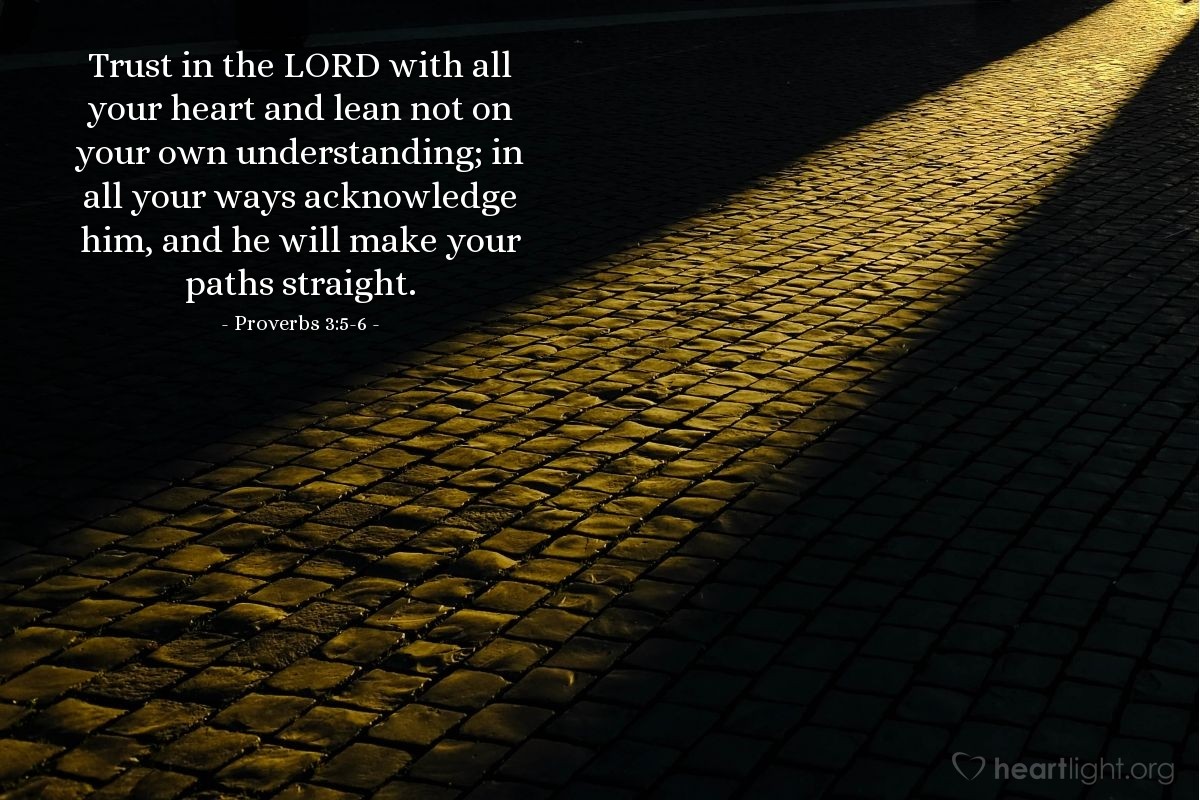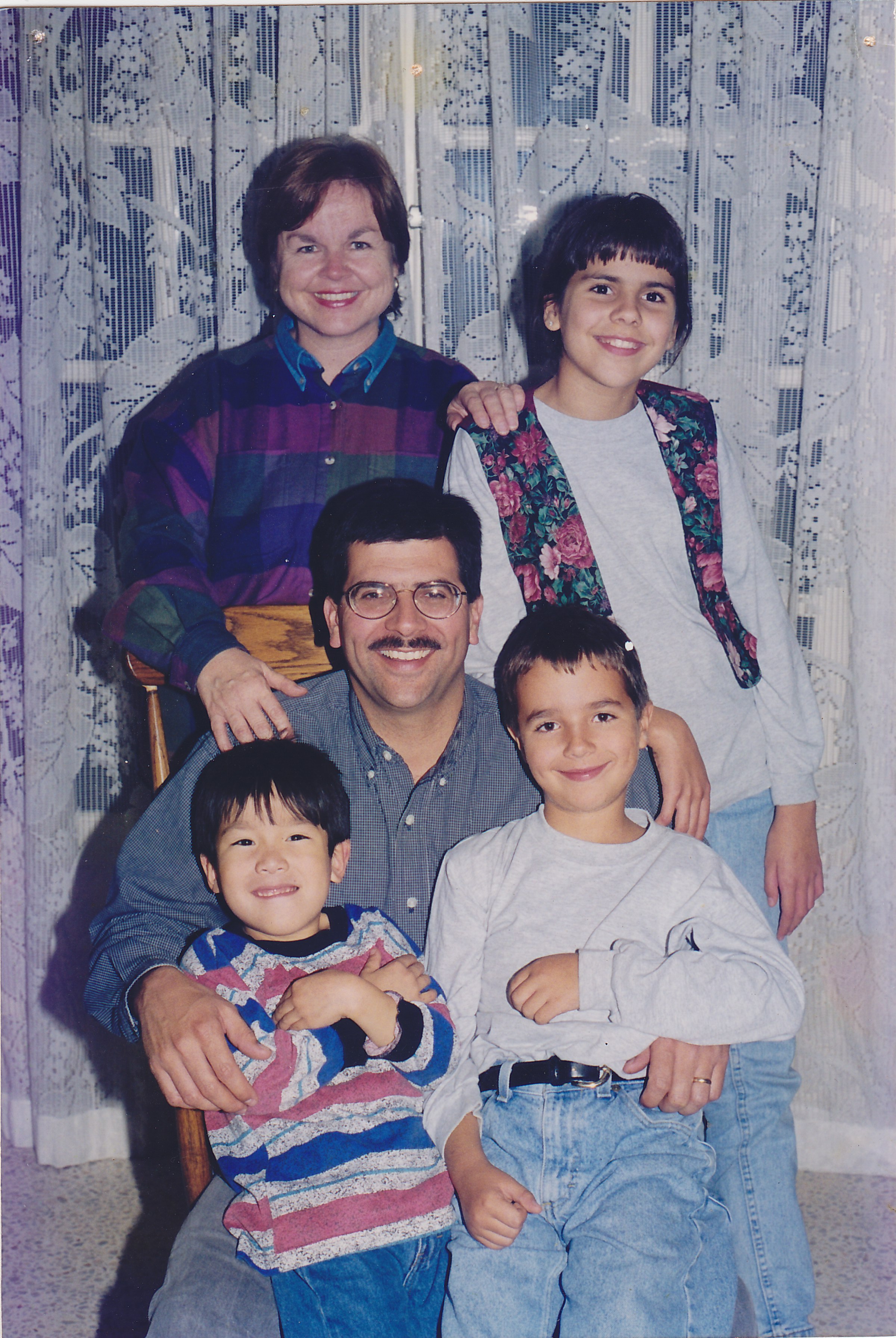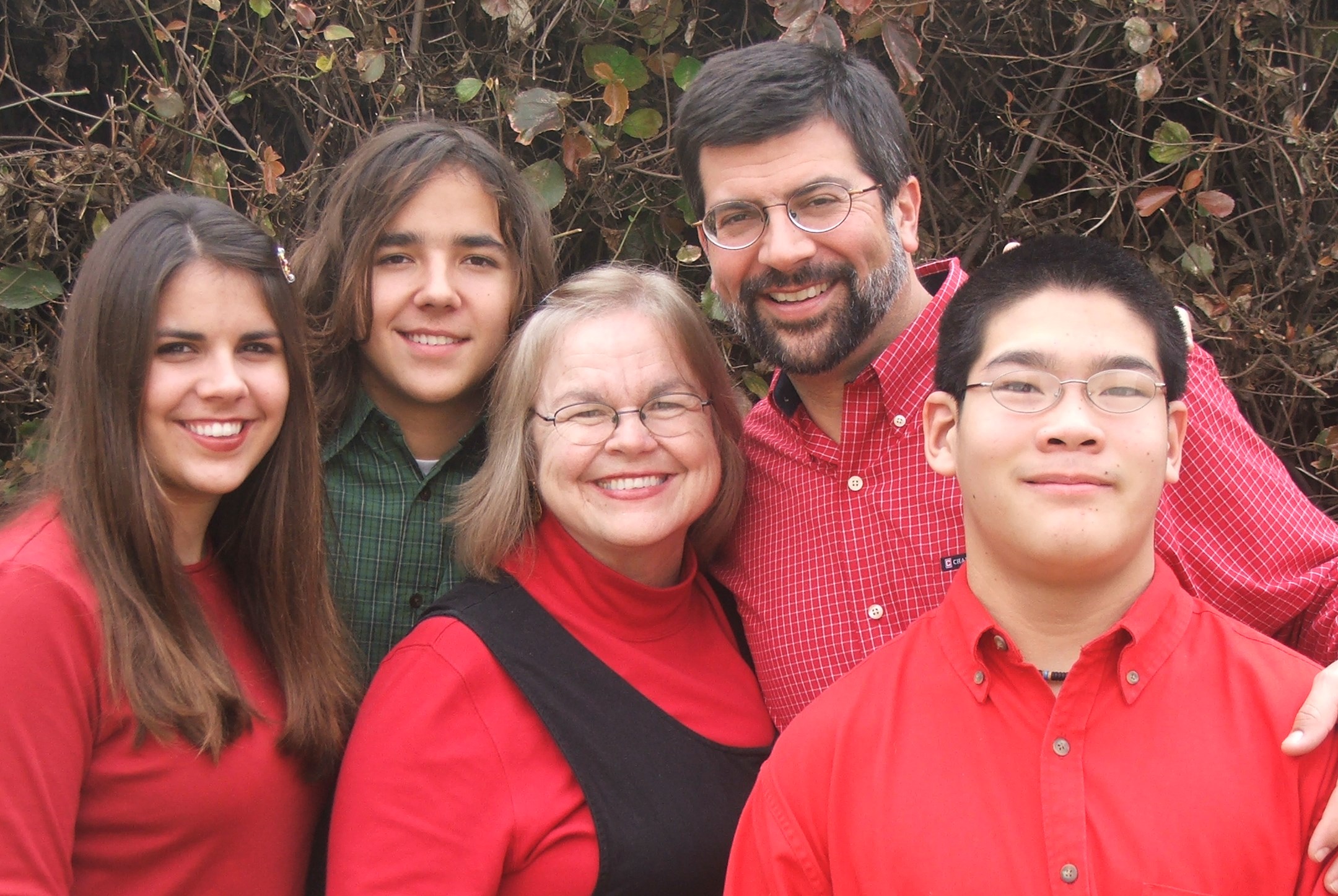
[Adapted from the Archives]
Following is a brief history of how choosing and exploring a word for the year became a habit for me starting in 2020. If you want, just skip down to the highlighted start of 2025 that takes you to this year.
In 2020 (the year of COVID), I read Debbie Macomber‘s book One Perfect Word. She tells fascinating stories of persons’ choosing a word to guide their year. Finishing her book and praying a bit, the word compassion became my focus. 2021 was a good year for that as we dealt with so many divisions over COVID, race, politics, etc. Compassion for all on both sides of each issue.
At first I wasn’t going to do “a word” for 2022, and then a rapid series of “coincidences” drew me to the word: joy. As that year ended, I had become negative and even a bit cynical. Still having faith in God but not so much in humans, including myself. Even after a year of compassion!!
Then 2023 followed, and I chose the word “wonder”. It was inspired by my study of Dr. Curt Thompson’s books. He encourages a pursuit of mental health and healing including staying “in the path of oncoming beauty”. This focus on wonder – in searching out beauty in the context of community and a loving God – brought me through a year tougher than I imagined it would be.
Monday Morning Moment – Word for the Year 2023 – Wonder – Deb Mills
Then at the end of 2023, I’d been lamenting being older (i.e. weaker, more frail). Having lost 2 inches in stature (just in the years of pounding on my vertebra) also made me feel small. I’ve decided to push back against the weakness and seemingly diminished nature of getting older. After all, what does that even mean?! I’m not that old. Right?
In Joshua 14, Caleb was 85 years old. He gives a beautiful and faith-filled declaration: “I am still as strong today as I was on the day Moses sent me; as my strength was then, so my strength is now, for war and for going out and coming in. Now then, give me this hill country about which the Lord spoke on that day, for you heard on that day that Anakim (giants) were there, with great fortified cities; perhaps the Lord will be with me, and I will drive them out just as the Lord has spoken.” [Joshua 14:11-12.]
Talking to Dave (that husband of mine), he commented that Caleb had that strength for which I was longing because he had “a different spirit in him” (Numbers 14:24). Whereas the 10 spies and the Israelites influenced by them were driven by a spirit of fear, Caleb was filled by the Spirit of God. In his determination to obey and follow wholeheartedly, his faith emboldened him. He demonstrated strength physically, mentally, and spiritually.
He would not be defined by age, aptitude, or ability…but by the great and gracious God he sought to serve. That’s what I have longed for in this year soon to be ending. To be strong. In all ways possible. Including strong in my love for God and others. This can only be mine if nested in being filled with the very Spirit of God.
Ironically, or not so much with the Lord, I have struggled with even more physical weakness (a painful and limiting hip pain) but not without working toward being strong again. Months ago, in choosing “strong” as the word for this year, God knew. In this season still, I am reminded of His goodness. “For when I am weak (and it will happen), then His strength is manifested perfectly and completely!” (2 Corinthians 12:10)
He keeps His promises.
Now we stand at the start of 2025.
These last days of December 2024, I have pondered what word would be a fixed point for this coming year. New Year’s resolutions and habit formation are both great helps for my slightly scattered brain. This Word of the Year exercise (which will span the next year) has also been a tremendous help.
The word “trust” has come to mind, in my times in the Word, in recent conversations, and in circumstances beyond my control. “Trust” – whew! That word has always been troubling for me. I think we put too much importance on trusting people – we will all disappoint and fail each other. It happens. Will I put that same bias on God, or can I treat Him as He is and as the Trustworthy One He reveals Himself to be?
Trust – Why Trust matters – Psychology Today – Trusting others and being trustworthy matter, but human trust is flawed and has to be handled with some measure of understanding and grace.
The object of our trust can’t be on people but on God. He alone will not disappoint. He alone will always keep His promises.
Praying to trust God more seems to carry the same human-borne threat of praying for patience. Yikes! We want more patience but not the sorts of experiences that will bring it. Is God drawing me to focus on trust in 2025 because I’m going to need it more? No…refusing to think there would be any negative outcome with trusting God more. It is a beautiful thing and He is worthy.
Just yesterday Dave and I talked about trust and what it means. He defined it as having confidence that someone (including God, of course) will be who he/she says they are and will do what they say they will do. Again, as humans, we don’t always prove to be trust-worthy…and we apply grace, not unforgiveness. But God!!! We can have complete confidence in Him. Complete trust.

“The biblical definition of trust goes beyond mere belief or reliance. It involves a complete surrender and reliance on God, knowing that He is faithful and will fulfill His promises. Trust, according to biblical definition, is the means of putting aside our own understanding and leaning on God’s wisdom and guidance. It means acknowledging that God’s ways are higher than our ways and trusting that He is in control of all things. Trust requires us to have faith, to believe in the unseen and to confidently depend on God’s faithfulness. It is an unwavering assurance that God is trustworthy and will never fail us. This biblical concept of trust is not just a casual belief, but an active and intentional decision to place our confidence in God alone.” – Daniel, Prayer Warrior – Bible Definition Of Trust (How The Lord Defines Trusting Him) – Read the whole article!

I am going to turn my heart toward trusting God in 2025 for small and big things – for situations only He can move toward healing and wholeness. For the prodigals in my life. For a family rift that continues unchanged since 2020. For salvation for some dear friends (and family) I love deeply (and God loves more). For direction in moment-by-moment turns in life (eyes on Him instead of my own faulty decision-making). For grace to trust He is creating beauty even in and through me. Finally, trusting God for all those previous word lessons He has begun in my life to continue to grow into maturity – compassion, joy, wonder, and strength.


Worship Wednesday – No Matter What I Will Trust in You – Lauren Daigle – Deb Mills
YouTube Video – Do I Trust You? – Twila Paris – my absolute favorite song on trust
Top 25 Oswald Chambers Quotes – AZ Quotes



































































